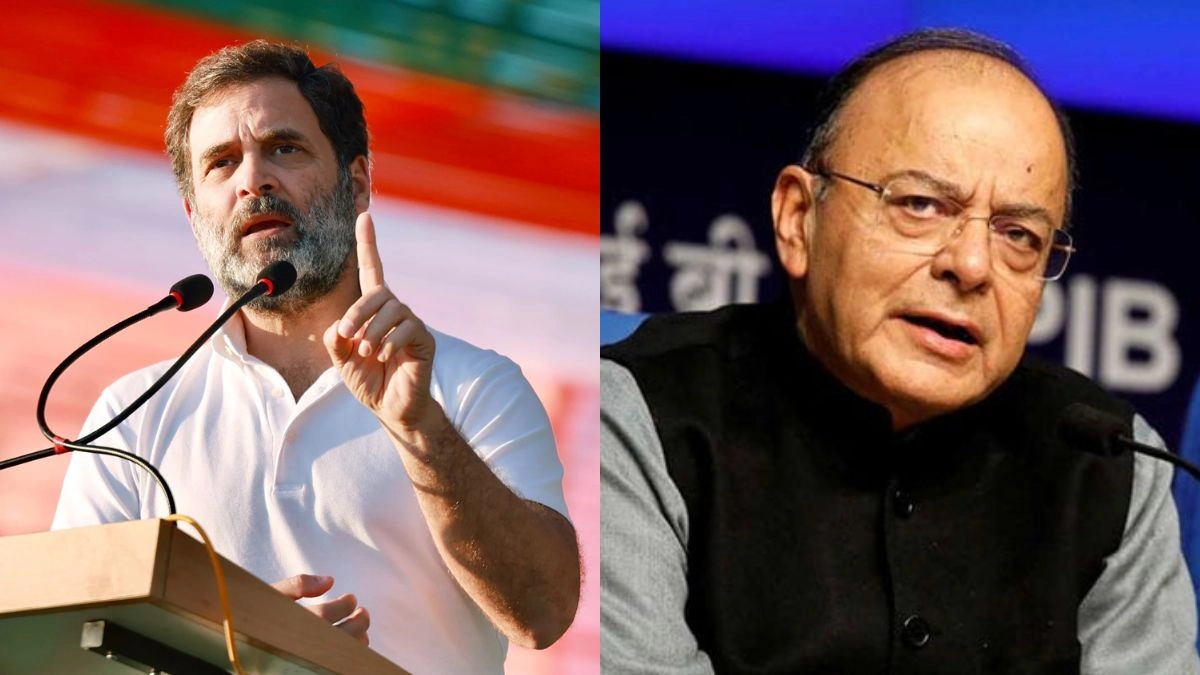In a recent political exchange, Rahul Gandhi, the former president of the Indian National Congress, made a significant claim regarding Arun Jaitley, a prominent leader of the Bharatiya Janata Party (BJP) and former Union Minister. Gandhi alleged that Jaitley had threatened him during a critical period in their political careers. This assertion adds another layer to the ongoing rivalry between the Congress and BJP, highlighting the tensions that often characterize India’s political landscape. The context of this claim revolves around their differing ideologies and the fierce competition for power in the country.
In response to Gandhi’s allegations, Arun Jaitley’s son, Rohan Jaitley, took to social media to address the claims made by the Congress leader. Rohan emphasized the importance of political discourse being grounded in respect and civility, expressing disappointment over Rahul Gandhi’s choice of words. He argued that such accusations could detract from meaningful discussions about policy and governance, instead fostering an environment of hostility. Rohan’s comments reflect a broader concern among political leaders regarding the tone and tenor of public discourse in Indian politics, particularly as it becomes increasingly polarized.
As the debate unfolds, it serves as a reminder of the historical animosities that shape contemporary political interactions in India. The allegations made by Rahul Gandhi, whether substantiated or not, tap into a narrative of victimhood that can resonate with certain voter bases, while Rohan Jaitley’s rebuttal seeks to uphold a sense of decorum. This exchange not only highlights the personal dynamics at play but also showcases the strategic maneuvering that both parties engage in as they prepare for future electoral battles. The incident underscores the need for politicians to navigate the fine line between robust debate and personal attacks, especially in a democratic framework where public opinion plays a critical role in shaping governance.




